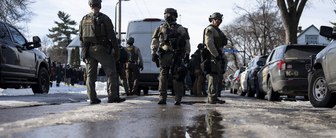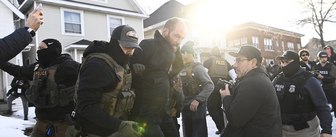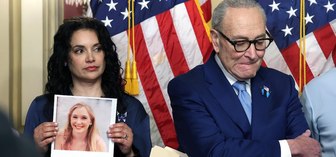A recent poll by the Economist/YouGov finds that nearly two in three Americans (64%) say crime has increased nationally over the past year, and somewhat fewer (42%) say it has increased in their local community. While more still say national and local crime is increasing rather than decreasing, the share who say it’s rising has fallen 7 percentage points since we last asked in January of this year. Many attribute rising crime rates to changes in the economy, protests over police brutality, changes in police staffing, and the COVID-19 pandemic.
Most people think that crime in the U.S. has increased over the past year, either a lot (40%) or a little (23%). Few (8%) say it’s decreased, and 19% say it’s stayed the same. Republicans are 23 percentage points more likely than Democrats to say crime has increased a lot nationally over the past year. However, both groups are far more likely to say it’s increased than to say it’s decreased.
Partisan opinions on one specific type of crime, mass shootings, contradict the direction of views on national crime rates – Democrats are 9 percentage points more likely than Republicans are to say the number of mass shootings has increased a lot in the past year.
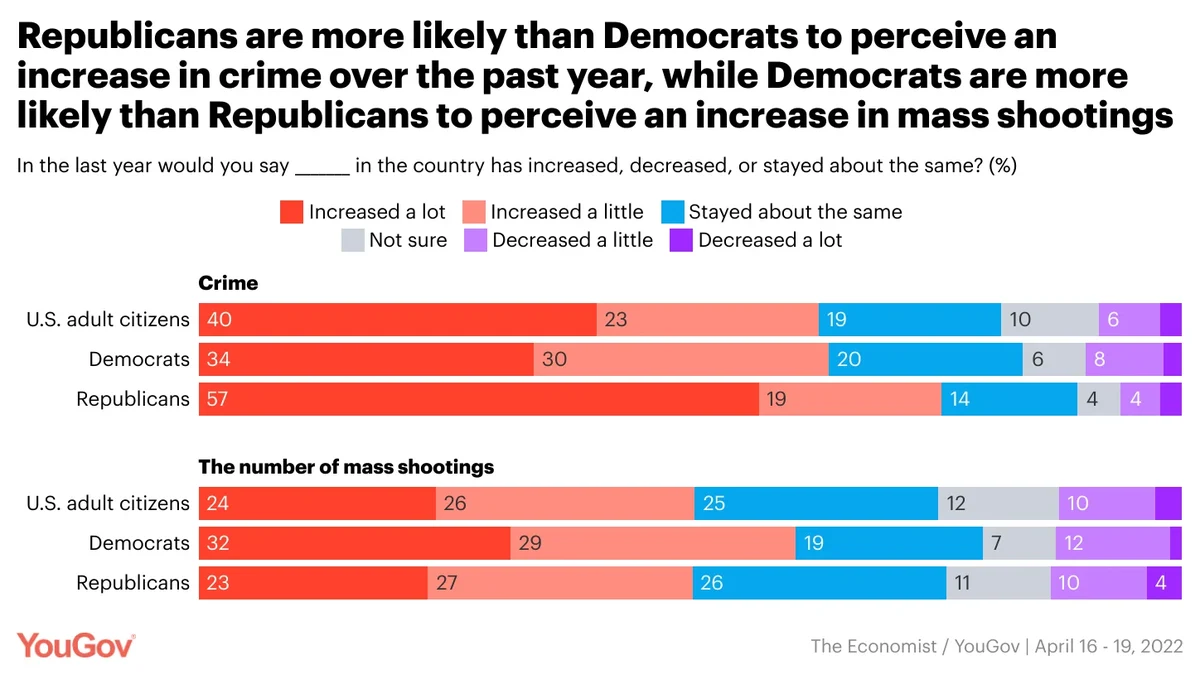
People who say that crime is increasing nationally say the following have contributed either a lot or a little to the increase:
- 81% say changes in the economy
- 76% say protests over police brutality
- 75% say changes in police staffing
- 72% say the COVID-19 pandemic
- 54% say changes in gun purchases
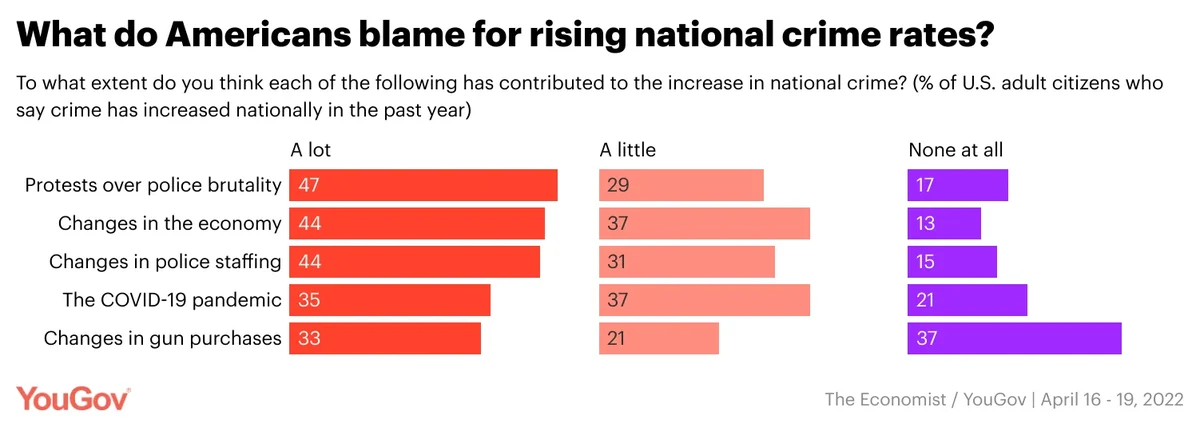
Compared to the share of Americans who say crime has risen nationally, fewer say crime in their local community has increased a lot (15%) or a little (27%) over the past year. About one in 10 (9%) say it’s decreased locally, and 37% say it’s stayed the same. As with perceptions of national crime, the share who say local crime has increased a lot has fallen 7 points since we asked in January.
While half of Americans say they’re very or somewhat worried that they or a family member will be a victim of a violent crime, fewer (33%) say they think it is very or somewhat likely that they or a family member will be victimized.
— Linley Sanders and Carl Bialik contributed to this article
This poll was conducted on April 16 - 19, 2022, among 1,500 U.S. adult citizens. Explore more on the methodology and data for this Economist/YouGov poll
Image: Pexels






